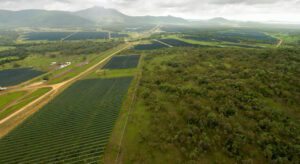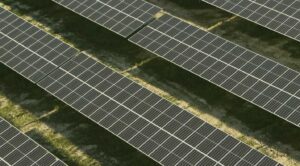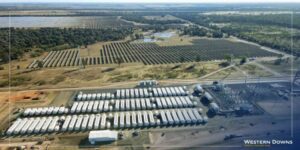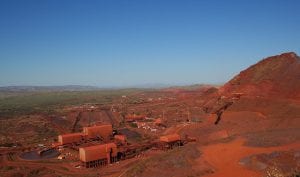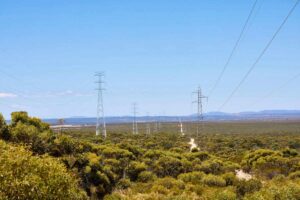The prospects of a negotiated outcome for the renewable energy target look increasingly dim, with Environment Minister Greg Hunt attacking rooftop solar as a “cross subsidy” from one neighbour without solar to another with solar.
In an interview on ABC Radio in Brisbane, Hunt echoed the complaints of many fossil fuel generators, particularly the government-owned coal fired generators in Queensland, when we said rooftop solar was inheritantly unfair.
“If your neighbour is putting on solar panels and you’re not, you’re bearing their cost through higher electricity prices,” Hunt told the program.
“If you’re putting on solar panels and your neighbour’s not, your neighbour is bearing the costs. It is a cross-subsidy and I think we need to be honest about that.”
Actually, that’s not what most studies find. It’s true if only the costs are counted and not the benefits. The RET Review’s own modeling shows that the benefits of rooftop solar – delivered through falling wholesale prices – will offset those costs.
The REC Agents Association has found the same. In South Australia, the network operator has said that rooftop solar has delivered benefits to the grid, in providing stability and delaying and reducing the peak. The cross-subsidy for air conditioning is huge – more than $150 per year per household – but is never mentioned by politicians.
“5 independent reviews, including the government’s own RET review modelling done by ACIL Allen showed in the medium to long-term renewables lower electricity prices for all electricity consumers,” said John Grimes, head of the Australian Solar Council.
“By installing solar you are helping to push your neighbour’s electricity bills down in the medium to long term.”
The Abbott government has said it wants to negotiate a “bipartisan” position with the Labor Party to resolve the policy impasse on the RET.
The RET Review panel has recommended dramatic changes to the large-scale and the small-scale target, which includes rooftop solar.
However, Labor has said it will not entertain changes to the SRES and has been playing an active role in the Save Solar campaign that has targeted marginal Coalition seats. No Coalition representative has spoken at these meetings, and it is thought that some back-bench MPs are growing worried about the traction of the campaign.
One suggestion put forward as a compromise agreement is to retain the SRES as is and allow the 41,000GWh large-scale target to be pushed out to 2022, rather than 2020.
This was canvassed by Climate Change Authority chairman Bernie Fraser last week, and considered by Labor.
However, Hunt said on Monday the starting point for the Abbott government was a “20 per cent” target, which would involve slashing it to around 26,000GWh. The industry says the impact would be disastrous.
“We’re looking at a balanced, sensible middle-path and our starting point is the long-standing bipartisan commitment to twenty per cent,” he said.
The long-standing bi-partisan commitment was to 41,000GWh. The legislation makes that much clear. On percentages, it noted this would deliver “at least” 20 per cent. Which is where we are heading. The Coalition explicitly voted for the RET in 2010, when informed in the second reading speech that the RET would deliver at least 22 per cent of renewables.
Independent modelling released by the Government today shows the changes are expected to deliver more renewable energy than the original 20 per cent target, reaching around 22 per cent by 2020, which will help transform the electricity sector and support investment in both large and small-scale renewable energy projects. Further, the enhanced RET is expected to drive up to $19 billion in total investment in large-scale renewable energy generation in the period to 2030. (Minister Combet, Second Reading Speech, June 2010)
This is not, as Hunt, says (and again today) an “unintended element in the legislation” – the Coalition voted for it!
“If they were serious about supporting solar and other renewables, Prime Minister Abbott would announce today that the RET will be retained in its existing form,” Grimes said. “He will not, so expect to hear more like this from Minister Hunt and other senior government figures.”



